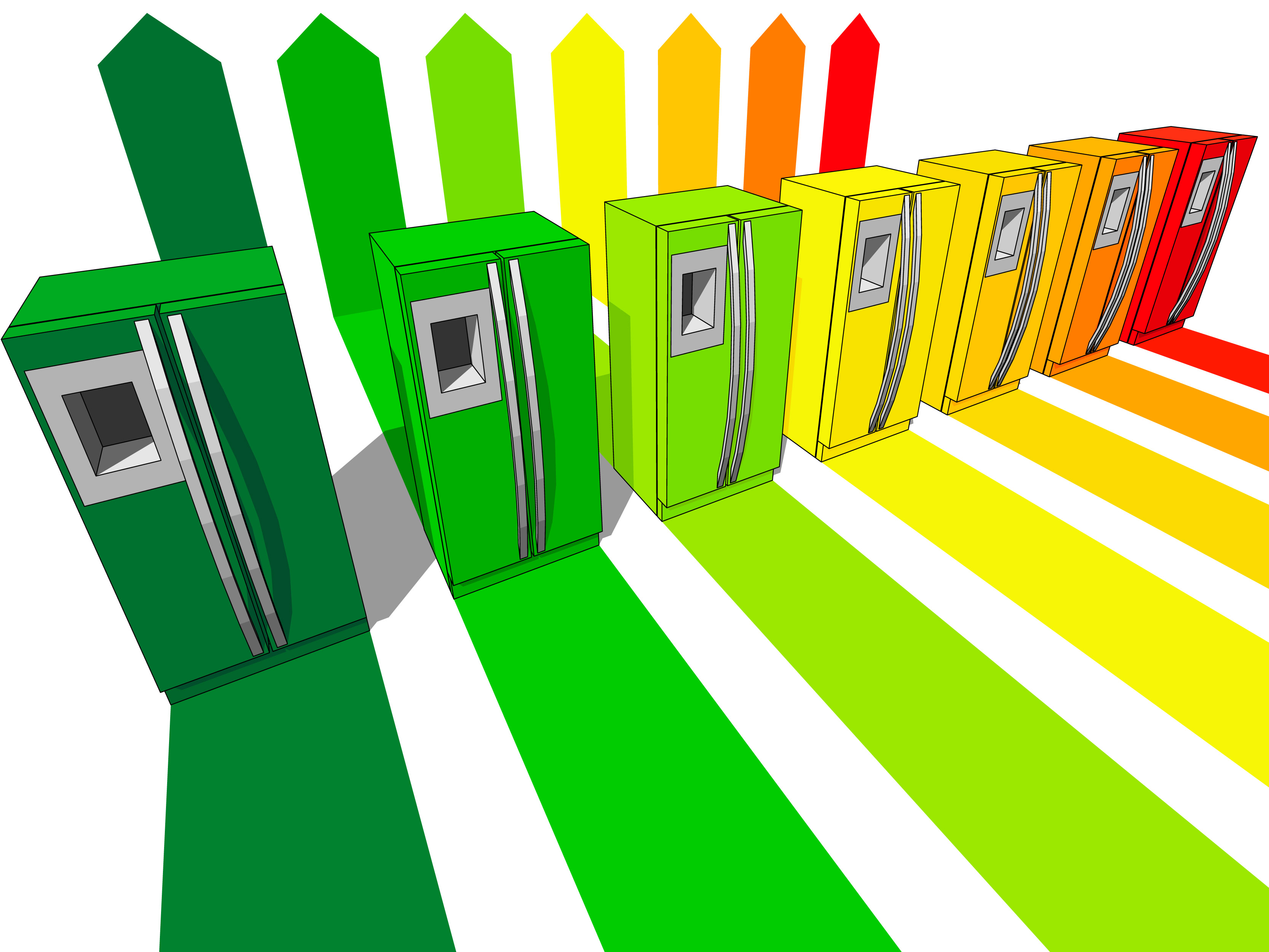Household Bills
Consumers short-changed by outdated labels on fridges

Households are missing out on millions of pounds worth of savings due to poor energy efficiency labelling on white goods such as fridges and freezers.
Domestic appliances account for 42% of household electricity usage, however consumers are being short-changed because outdated retailer labels means they do not get the information they need to understand how much money super-efficient white goods can save them, says environmental charity Global Action Plan.
Under EU legislation, every new fridge, freezer and fridge freezer sold in the UK must have an energy label that gives its energy rating.
Thanks to improvements in energy efficiency, from 1 July 2012 any new model manufacturers make will have a rating of A+, A++ or A+++, with A+++ being the most energy-efficient.
Cooling appliances rated below A+ have been phased out because they no longer meet minimum defined energy efficiency requirements.
Retailers can, however, sell existing stocks of older models, so A or B rated fridges and freezers are still available in shops, according to consumer group Which?
Global Action Plan is calling for the government and retailers to help consumers understand how much money they could save by purchasing efficient appliances.
According to a report by the charity, if all UK consumers who bought an A rated fridge-freezer in 2011, had purchased an A+++ rated appliance they would have made financial savings of £24m a year on their electricity bills.
This would save 100,000 tonnes of carbon a year – equivalent to taking 33,000 cars off the road. Over the lifetime of the fridge-freezers, UK consumers would save £360m, and enough energy to power 51,000 UK homes for a year – equivalent of a town the size of Exeter.
“Upfront investment in an A+++ fridge-freezer more than pays for itself through the energy savings made during its operational lifecycle,” says Global Action Plan CEO, Trewin Restorick.
Based on the findings of the report, the charity is launching a Charter for Energy Efficient White Goods – supported by British Gas, B&Q, Bosch and Siemens.
The charter calls for government subsidies at point of sale, clear retailer labelling outlining running costs, and better informed sales staff, to help consumers benefit from the most efficient white goods.
The number of domestic appliances in UK households is increasing – with an average of 41 electrical products now in each home. Yet, according to Global Action Plan, super-efficient white goods only account for 30% of sales because of a lack of consumer information.